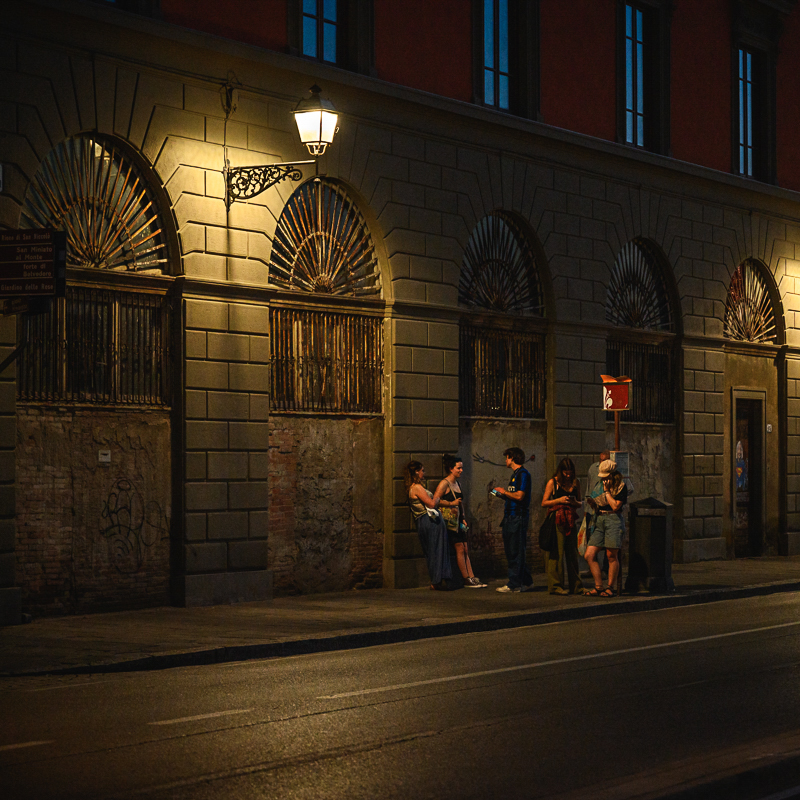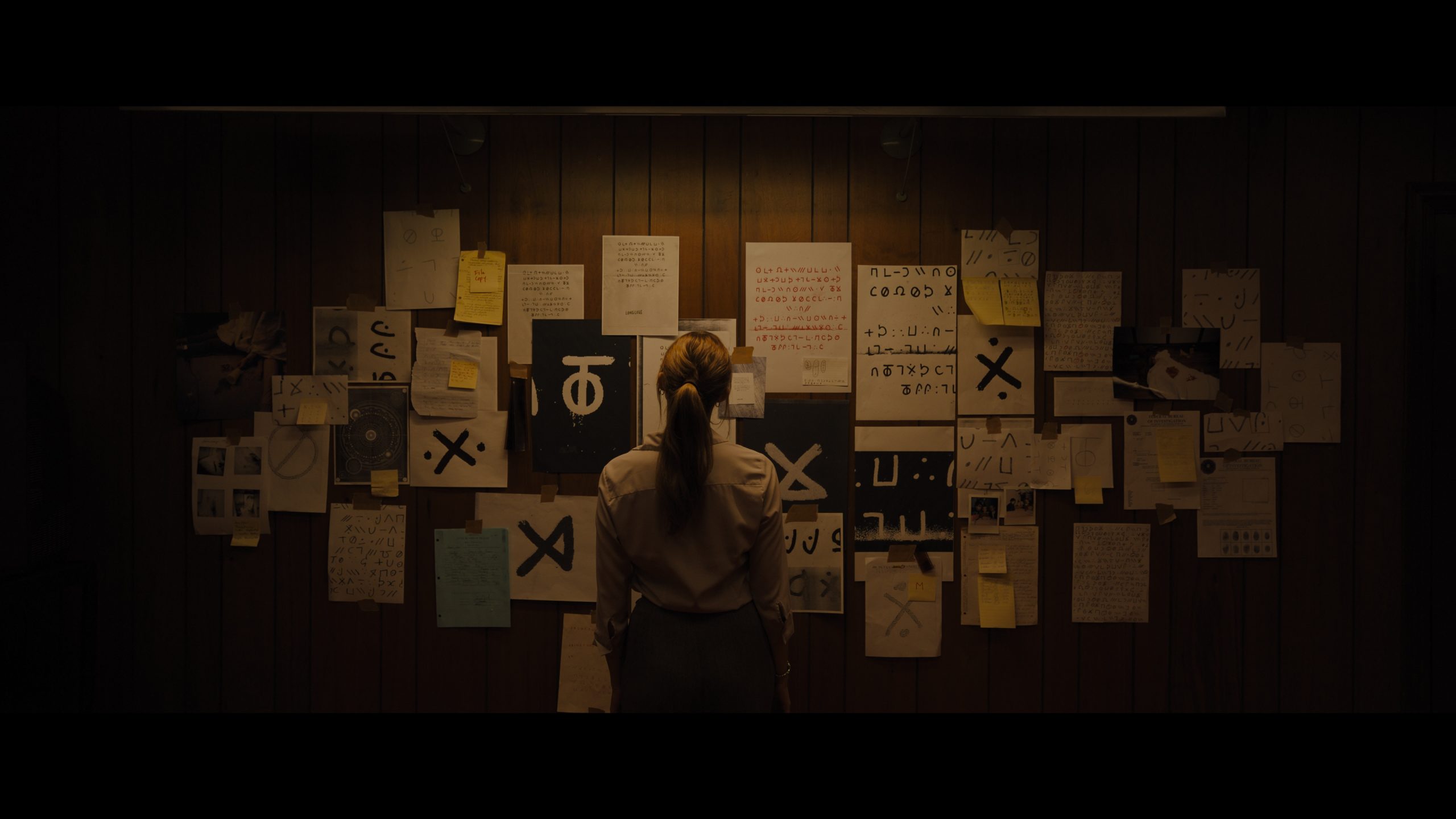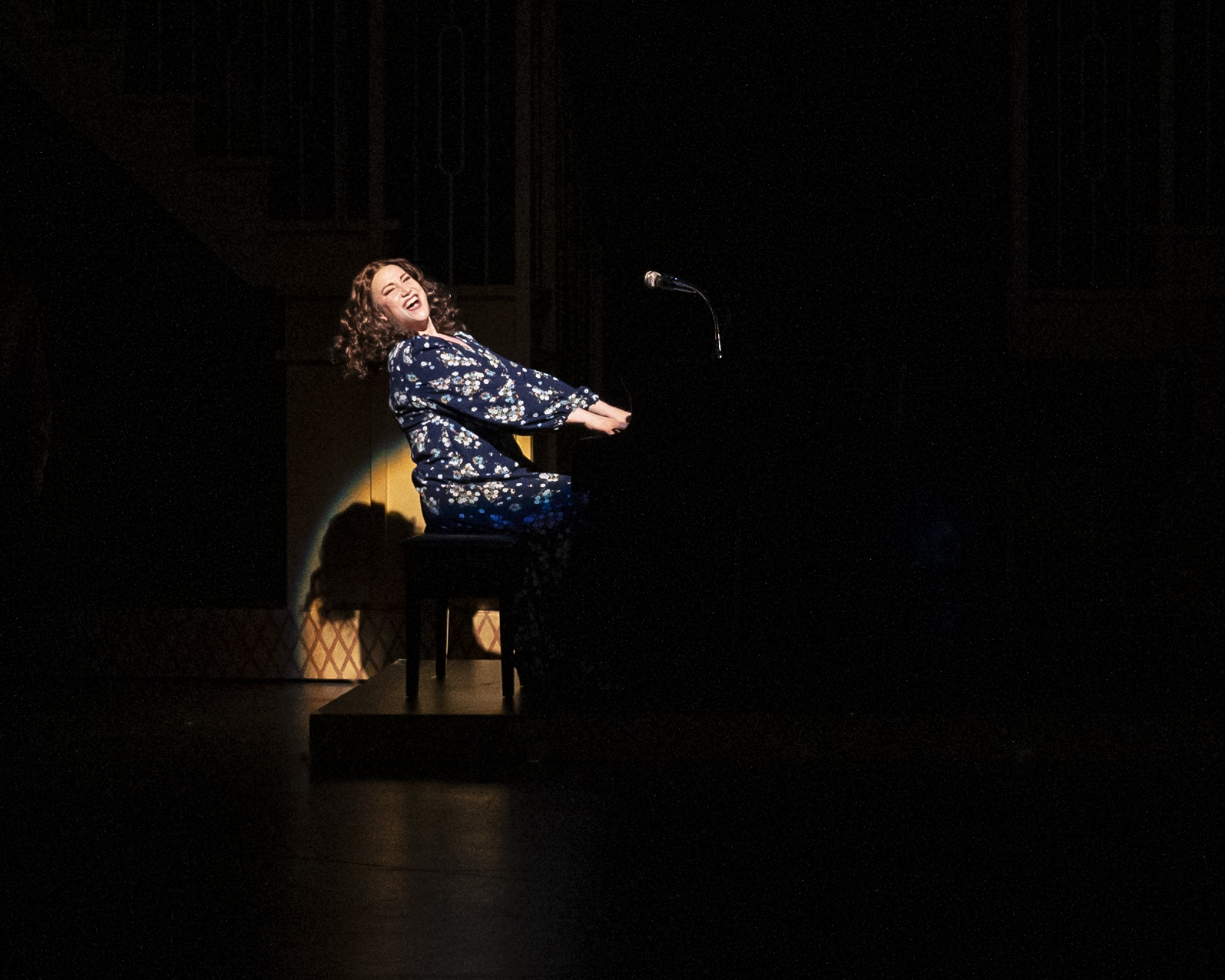For many years the Smithsonian Folklife Festival, founded in 1967, often had three to four cultural themes with craftspeople and musicians in multiple areas across the grassy middle section of the National Mall over two weekends, including Independence Day. But this year, the annual event only has one theme—Indigenous Voices of the Americas: Celebrating the National Museum of the American Indian. It will run from June 26 through July 1, along the side portions of the Mall between Third and Sixth streets NW, and in the museum itself.
What happened to the festival’s glory days when it spanned more than a week and delved into multiple themes each year? Twenty-six years ago, 1998’s festival offered four themes—from Wisconsin to the Rio Grande and the Baltic—as well as nightly concerts, including a special Folkways Records 50th anniversary event? Even last year’s event offered three diverse themes.
It comes down to money. The Smithsonian’s Chief Spokesperson Linda St. Thomas tells City Paper via email, “We had less funding, which means less money for production, travel, and participant services.” The limited finances translates to a shorter run and a need to cut back on the craftspeople, musicians, and other participants required to span 10 days.
“The Folklife Festival had difficulty raising funds this year,” she continues. “[The] Smithsonian has many projects—including two new museums in development—that need the attention of our fundraising [and] advancement staffs.” And while former festivals brought in different performers each week, St. Thomas says that method “became chaotic and cost prohibitive.”
Another setback: the Folklife Festival must comply with the 2013 National Park Service rule that bars the fest and other public events from using the center portion of the National Mall in order to preserve the grassy grounds.
While the Folklife Festival featured weeknight concerts as well as shows on weekend nights in previous years, this year’s event has also reduced the number of concerts to Friday through Sunday.
So, what will the 2024 Folklife Festival, which is honoring the National Museum of the American Indian’s 20th anniversary, specifically offer this year? Expect chefs, storytellers, dancers, visual artists, athletes, and musicians; St. Thomas says it will feature 250 participants over the six days including Haudenosaunee Nationals lacrosse players, Guatemalan kite makers, Tsimishian wood-carvers, an all-women Indigenous skateboard crew—Imilla Skate, Pueblo and Zapotec ceramic artisans, the Nuna Dance Collective from Alaska, Cherokee spokenword performers, Pow Wow dancers, Pataxo members from Brazil showing body art, and a Mapuche rapper.
Waikil, the Mapuche (from what is now southern Chile) hip-hop vocalist, will be spitting verse in his native language over the guitar rhythms of his musical partner Ketrafe. The duo will perform periodically throughout the week and at a Friday evening concert, First Beats: Indigenous Hip-Hop, along with brothers Doc Native and Spencer Battiest, from the Seminole and Choctaw tribes. Indigenous Guatemalan singer-songwriter Sara Curruchich will also perform—in both Kaqchikel, her native language, and Spanish—throughout the week.
Other highlights include Tlingit chef Robert Kinneen (raised in Alaska; now based in North Carolina), who will demonstrate how to cook a bison flank steak with tepary bean salad and juniper epazote sauce. Indigenous food offerings will also be for sale. This year’s schedule will also include narrative sessions that focus on topics ranging from Missing and Murdered Indigenous Women to Body Art and Adornment as Cultural Resurgence.
For those still longing for a longer run, St. Thomas says mark your calendars for 2026 when there will be a monthlong Smithsonian Folklife Festival for the 250th anniversary of the United States.
The 2024 Smithsonian Folklife Festival, Indigenous Voices of the Americas: Celebrating the National Museum of the American Indian, runs June 26 through July 1 alongside the National Mall between Third and Sixth streets NW and Jefferson Dr. SW, as well as the National Museum of the American Indian. festival.si.edu. Free.




